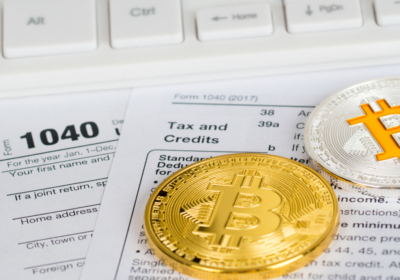The financial markets are places where currencies are traded. It is not just money that changes hands in these markets; many other things are also being traded, such as stocks and bonds. Forex trading is done by buyers and sellers of currency pairs using different strategies to generate income or capital gains for themselves.
Forex trading takes place 24 hours a day. The foreign exchange market opens up at 10 am London time Monday morning, closing on Friday night when it’s 6 pm in New York. Electronic communication networks (ECN) connect banks, dealers, and brokers worldwide, allowing them to coordinate trades between themselves, making it possible to buy or sell currency with anyone who has access to the market no matter what country they’re in.
Choosing a Broker
A forex broker is someone who offers foreign exchange to their clients. Brokers are the middlemen between banks and financial institutions, taking a small margin of every trade they make for themselves. Most brokers are regulated by the Financial Conduct Authority (FCA) in London and other government regulators such as ASIC, MAS, and BSP worldwide.
Life as a forex trader starts with choosing a broker. Those looking for stability should find one that is regulated. Those looking for high leverage should look for those who offer it, and those interested in low spreads might want to choose ECN brokers instead of dealing directly with banks.
Once you’ve chosen your broker, familiarise yourself with how it operates and its different features; if it offers low spreads, high leverage and ECN technology, for example.
Position sizes in forex trading are always in lots of 100 000 units for significant currency pairs and 50 000 units for minor currency pairs. Each lot is worth $10, so a trader who wants to buy ten lots will put orders like “BUY 10 LOTS” at the market price.
Forex Trading Strategies
Forex traders can go long or short (or stay flat) when they order. The difference between buying and selling is that your potential loss is limited when you’re long, but your potential gain might be unlimited. In contrast, your potential gain might be limited when you’re short, but your losses could be unlimited.
Traders use charts and technical analysis to make decisions about entering trades. Entry signals are where the price breaks out from a well-defined level of support or resistance, for example, when it forms a double top or bottom. Stop-loss orders are where traders place limit orders around strong support and resistance levels to protect against losses if prices fall back through these levels.
Different Types of Forex Trading
Here are the different types of forex trading.
Day Trading
Day traders take positions and then close them within a day. This includes holding positions overnight, a precarious strategy in the volatile currency market.
Spread Betting
Another popular type of trading among forex brokers/dealers is ‘spread betting’. This gives the trader the ability to make money on rising or falling prices rather than simply making or losing money on fluctuations in currency values. The significant risk with spread betting is that your losses will exceed your initial deposit if you don’t set a stop-loss order to sell at a given price point.
Swing Trading
A third common type of forex trading is longer-term plays called ‘swing trading’, where traders hold positions for several days or weeks.
Where to Trade Forex in London
Several well-known trading platforms offer forex trading online, including Currensee, ETX Capital and IG Group, to name a few. Forex trading is not covered by the Financial Services Compensation Scheme (FSCS), which protects deposits up to £50,000 per person per firm if they go bust, so you must choose wisely when deciding on your broker/dealer.
Final Word
Due to skyrocketing yields overseas, trading forex in the UK has become very popular recently, making this investment strategy highly profitable to traders with high-risk appetites.
However, uneducated investors could find themselves losing money quickly as the market needs to be approached with caution and carefully studied before investing any capital into it. New traders should use a reputable online broker from Saxo Bank. For more information, see here.







Recent Comments